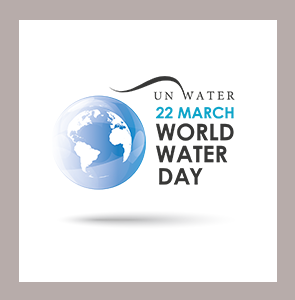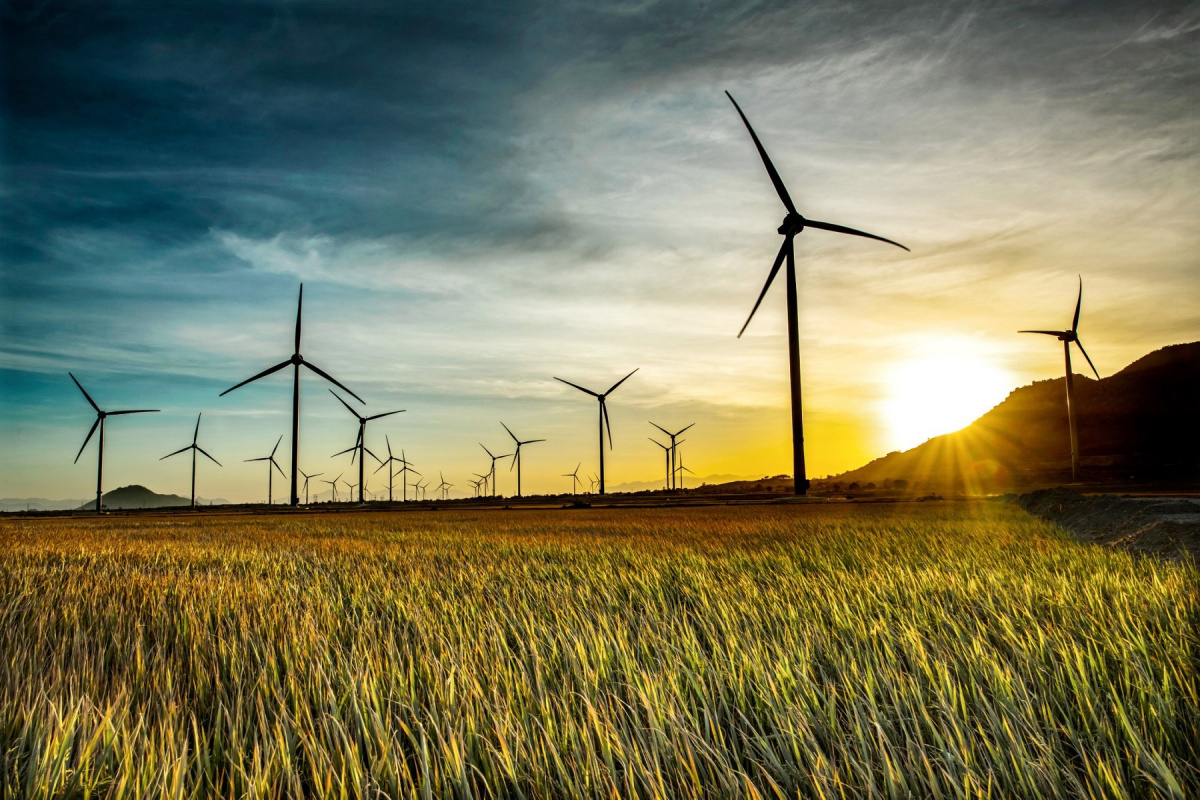World Water Day 2017: Dealing with wastewater
World Water Day is held annually on 22 March to focus the world’s attention on freshwater challenges. This year the theme of the campaign is wastewater. Globally over 80% of wastewater generated by cities, industries and agriculture, flows back into nature untreated. This in turn causes severe environmental pollution, disease, and can bring risks to providing safe food and drinking water.

Photo: ©UN Water
Population and city growth, rapid economic development, and expanding agriculture combine to increase the volume and reduce the quality of wastewater released into nature. By 2050, close to 70% of the world’s population will live in cities, compared to 50% today. Currently, most cities in developing countries do not have adequate infrastructure or resources to address wastewater management in an efficient and sustainable way.
Wastewater is an often undervalued and neglected resource. If managed well, through treatment and recycling systems, wastewater can be re-purposed back into industrial processes, agriculture, or natural freshwater systems. “Re-using water and treating wastewater represents one of the easiest circular economies” according to James Dalton, a.i. Director, IUCN Water Programme. “We are seeing some businesses move in this direction where water is critical to their needs, they face competition from other water users, or increasing climate variability demands it”.
If business can react to these challenges and turn these into opportunities for investment and better water sharing, then so can cities and towns. As the market for wastewater treatment grows -predicted to be worth $60bn by the end of the decade- opportunities to reduce the amount of water we take from rivers, lakes and groundwater is there, provided innovative technologies and smart regulations are applied.
Wastewater is not only undervalued, but often also unseen. Just like groundwater is out of sight, so is wastewater as it flows into our freshwater ecosystems. Household waste, human waste, highly toxic chemicals and medical waste contaminate the very freshwater systems we use to drink from and grow our food with.
IUCN’s recent water publication ‘SPRING – Managing Groundwater Sustainably’ includes a set of recommendations for good water management. In the case of waste- and groundwater, it is often difficult to trace pollutants entering the water cycle. This makes it complicated to identify the cause and therefore apply the ‘polluter pays principle’. The authors of SPRING suggest that ‘potential polluters pay for the reasonable cost of protection’ for groundwater. The authors suggest complementing sanctions by incentives for potential polluters to invest in wastewater treatment, recycling and disposal.
The SWIM programme -which stands for ‘Sustainable Water Integrated Management Programme in the Mediterranean’- carries out pilot activities on wastewater treatment and reuse in four target countries (Jordan, Egypt, Tunisia and Morocco). The IUCN implemented programme works in partnership with GIZ and BAU Balqa University since 2011 and focuses primarily on the treatment of municipal wastewater for onsite irrigation purposes. For example, in cooperation with the Jordanian Ministry of Water and Irrigation, the project established a decentralized wastewater treatment unit in the Public Security Directorate near Amman, in order to use treated wastewater for landscape irrigation purposes.
Through the project, a cooperation agreement between the Public Security Directorate and the Greater Amman Municipality was established, paving the way for the treated wastewater to irrigate the trees of Amman city. “The project applied a participatory approach during implementation by involving all stakeholders and building technical capacity on sustainable water management, whilst also raising public awareness on the importance of good wastewater treatment”, said Sameeh Nuimat, IUCN Project Coordinator, Water and Climate Change Programme in Jordan.
***
For more information, please contact water@iucn.org



